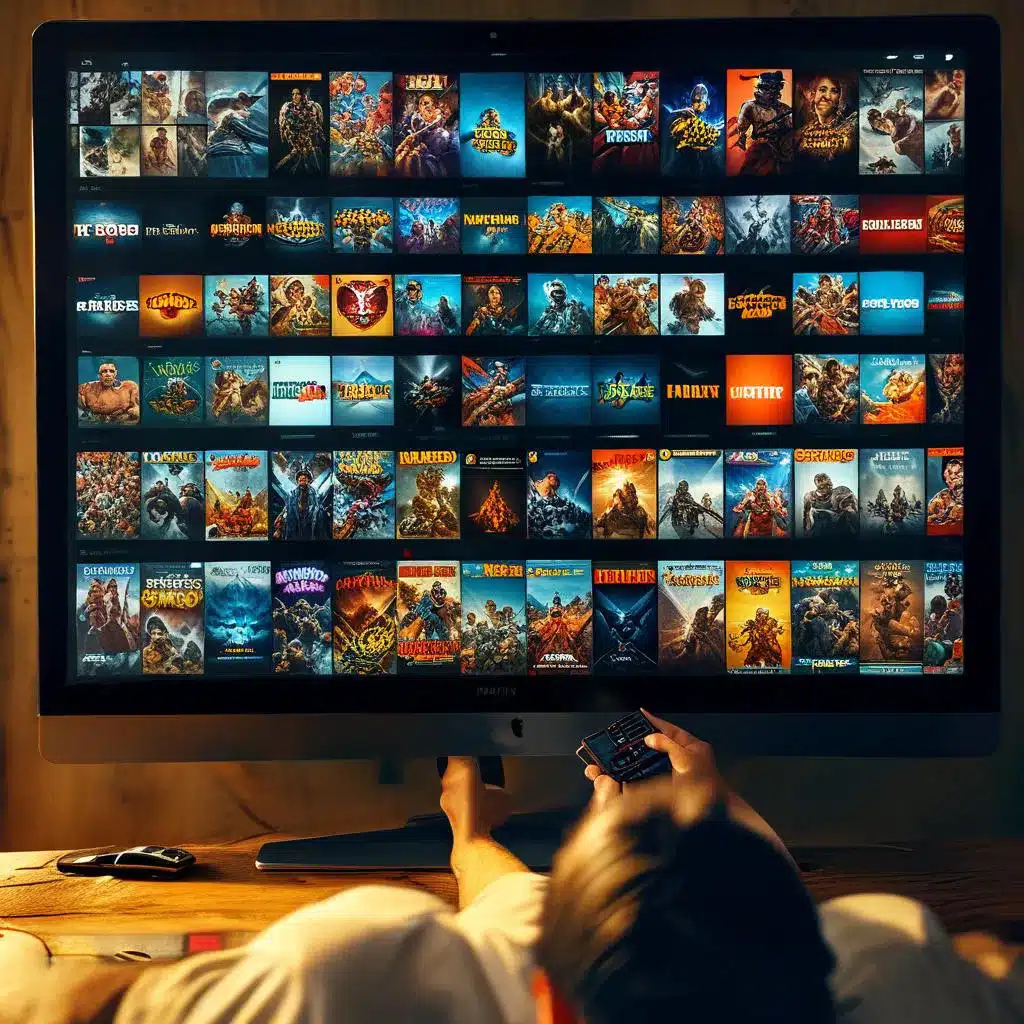In today’s fast-paced world, digital entertainment has transformed how people unwind, connect, and experience leisure activities, especially in urban areas. With the growth of high-speed internet, smart devices, and innovative platforms, city dwellers now have unprecedented access to entertainment right at their fingertips. From streaming movies and music to engaging in online gaming, urban living has evolved to embrace this tech-driven shift.
One of the most noticeable changes in urban entertainment is the decline of traditional media consumption. Where television and physical media once dominated, streaming services such as Netflix, Spotify, and YouTube have redefined how content is consumed. These platforms offer flexibility, customization, and on-demand access that perfectly complement the busy lifestyle of urban residents. The ability to watch or listen anytime, anywhere, suits commuters, remote workers, and social butterflies alike.
Beyond passive consumption, interactive digital experiences have gained massive traction. Online gaming, for instance, is no longer the domain of hardcore gamers alone. Mobile games, virtual reality experiences, and multiplayer platforms cater to all age groups and interests. Whether it’s casual puzzle games on a smartphone or immersive VR escape rooms, there’s something for everyone. Urban centers often serve as innovation hubs, driving this gaming culture forward through eSports arenas, tech incubators, and local development studios.
Another increasingly popular form of digital entertainment is online betting and gambling. Fueled by technology, these platforms offer a new level of convenience and variety for users across the globe.
Canada
In Canada, for example, there has been significant growth in the number and popularity of online betting platforms. Many residents are turning to trusted Betting Sites Canada to enjoy sports wagering, casino games, and even virtual horse racing. These websites are fully optimized for mobile and desktop use, often offering secure transactions, competitive odds, and responsible gambling tools, making them a go-to source of entertainment for many Canadians.
The rise in digital entertainment also ties closely with social media. Platforms like TikTok, Instagram, and Twitch have become integral parts of the entertainment ecosystem. Influencers and content creators now serve as entertainers in their own right, garnering millions of views and followers. Urban dwellers, particularly millennials and Gen Z, spend a significant amount of time engaging with these platforms—not just consuming content, but creating and sharing it as well.
This content democratization has shifted the spotlight from large production houses to everyday individuals who create compelling content from their homes or favorite city spots. Pop-up events, urban backdrops, and trending city locales often become viral through such social media activity, further intertwining city life with digital entertainment.
AI integration
Another factor contributing to the digital entertainment boom in urban areas is the increasing integration of AI and personalized experiences. Platforms now use advanced algorithms to curate content based on user behavior, ensuring people find entertainment tailored to their interests. This personalization enhances user engagement and satisfaction, making digital platforms a vital part of everyday city living.
As digital entertainment becomes increasingly accessible and diverse, challenges do arise. Issues like screen fatigue, privacy concerns, and the need for digital detox are being recognized more frequently. Urban communities are adapting by promoting digital well-being, encouraging balanced usage, and integrating tech-free zones in public parks and cafes.
Moreover, the cultural aspect of digital entertainment cannot be overlooked. Urban residents have access to a global pool of content, from foreign films to international music and games. This cross-cultural exposure enhances the diversity of urban culture, encouraging inclusivity and creative collaboration among people from different backgrounds.
Conclusion
In conclusion, digital entertainment is more than a trend—it’s a staple of modern urban life. From interactive gaming and social media to streaming services and online betting platforms, the way people enjoy their downtime has fundamentally changed. As technology continues to evolve, cities will remain at the forefront of this digital revolution, shaping and reflecting the future of entertainment for generations to come.


